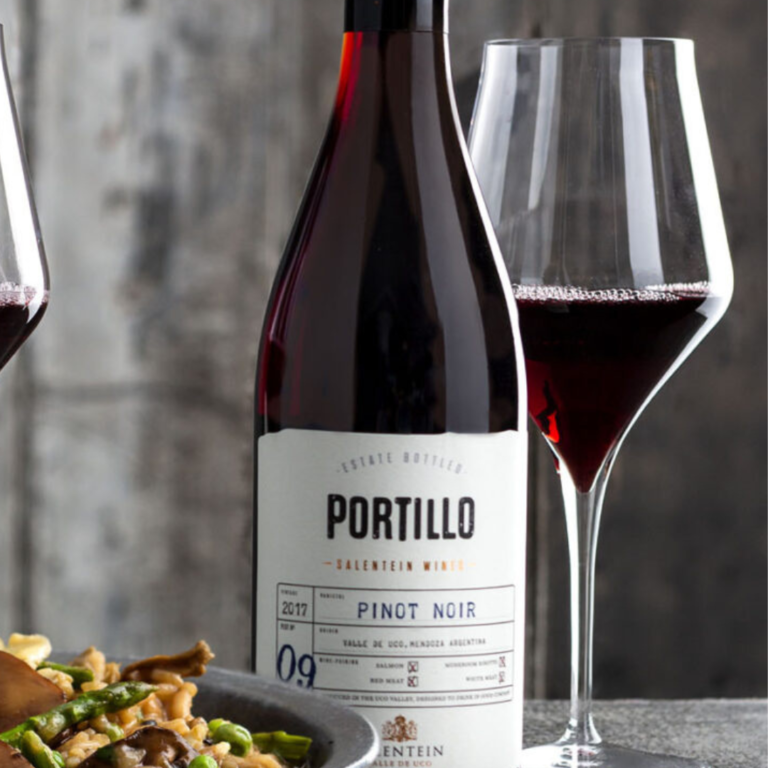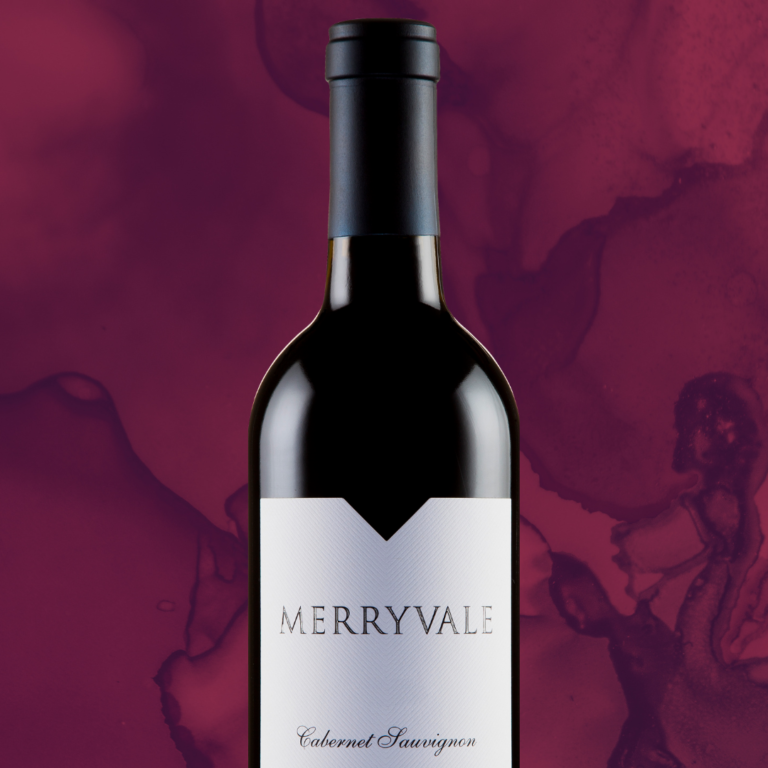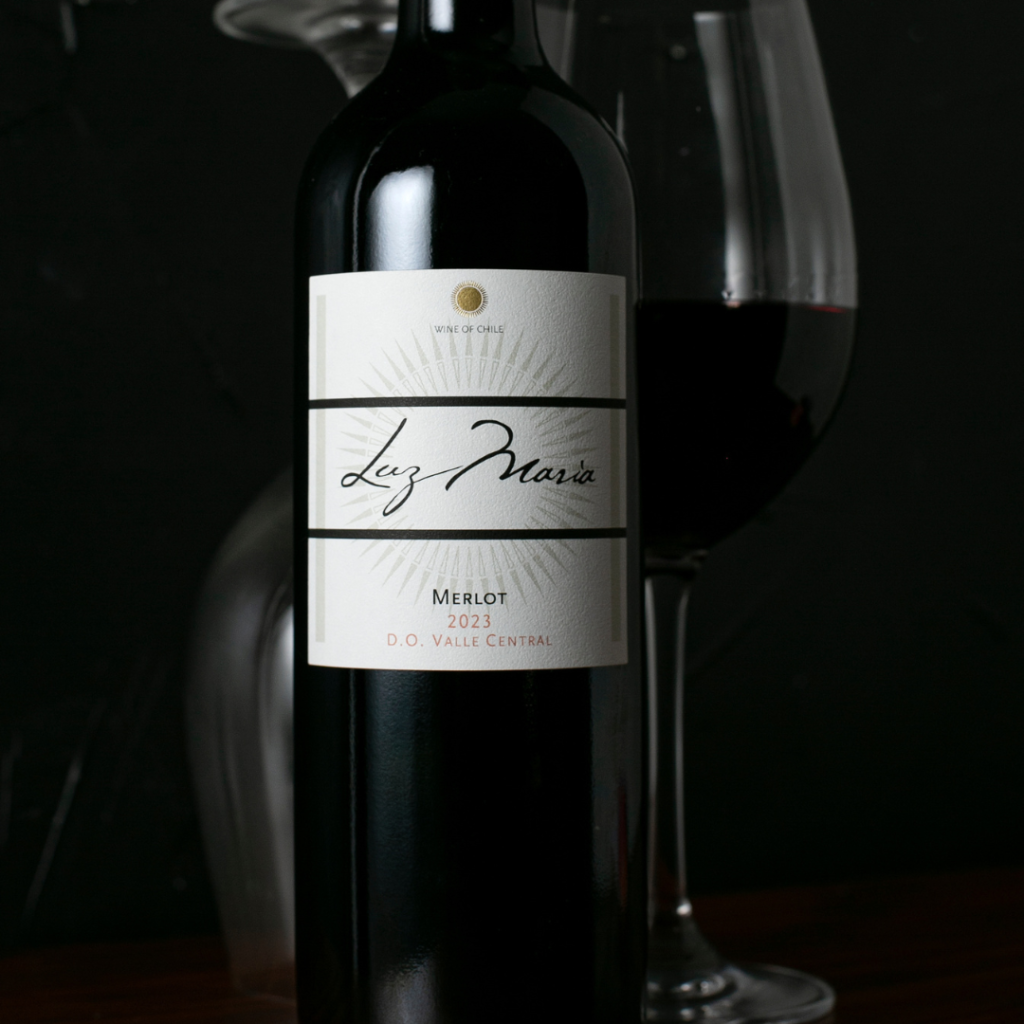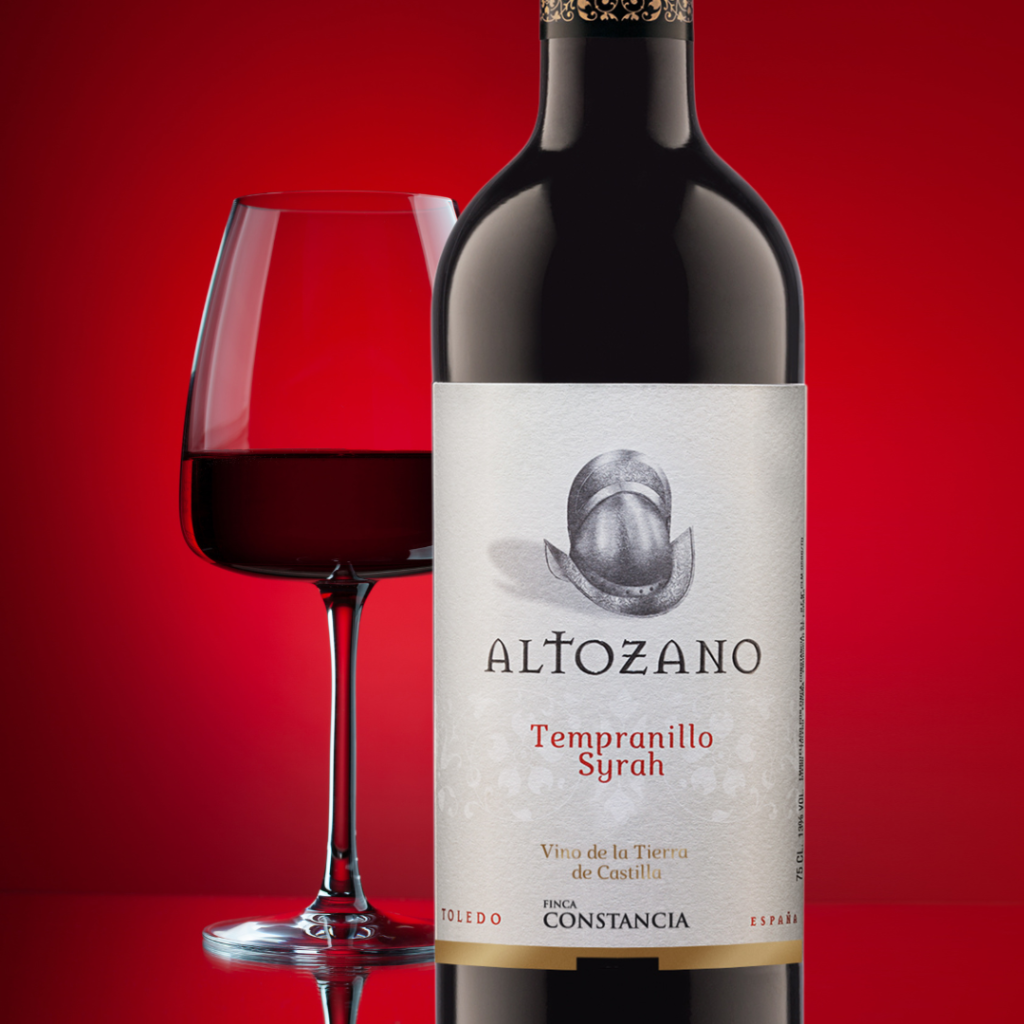Discover how wine taste sparks laugh, interactions, and social chemistry this...
Does Drinking Wine Really Offer Health Benefits?
You’ve probably heard it before—”A glass of wine a day is good for you!” Sounds like the kind of health advice we’d all love to follow, right? But before we go pouring ourselves a celebratory glass, let’s take a closer look. Does wine actually offer health benefits, or is this just wishful thinking wrapped in a pretty bottle?
When it comes to health benefits, red wine is generally the winner.
That’s because it contains higher levels of antioxidants, particularly resveratrol, flavonoids, and polyphenols, which are linked to heart health, anti-aging, and even brain function. But not all red wines are created equal!
The Healthiest Wines You Can Choose
1. Pinot Noir
1. Highest in resveratrol (the antioxidant linked to heart health and longevity)
2. Lower in sugar and alcohol compared to other reds
3. Good for skin and anti-aging (hello, youthful glow!)
2. Cabernet Sauvignon
-Rich in procyanidins, which support heart health
-Packed with polyphenols, good for reducing inflammation
- Promotes good gut bacteria, supporting digestion
3. Merlot
- Smooth, easy to drink, and rich in antioxidants.
- Moderate tannins, which help protect your cells from damage
- Less acidic, making it easier on the stomach
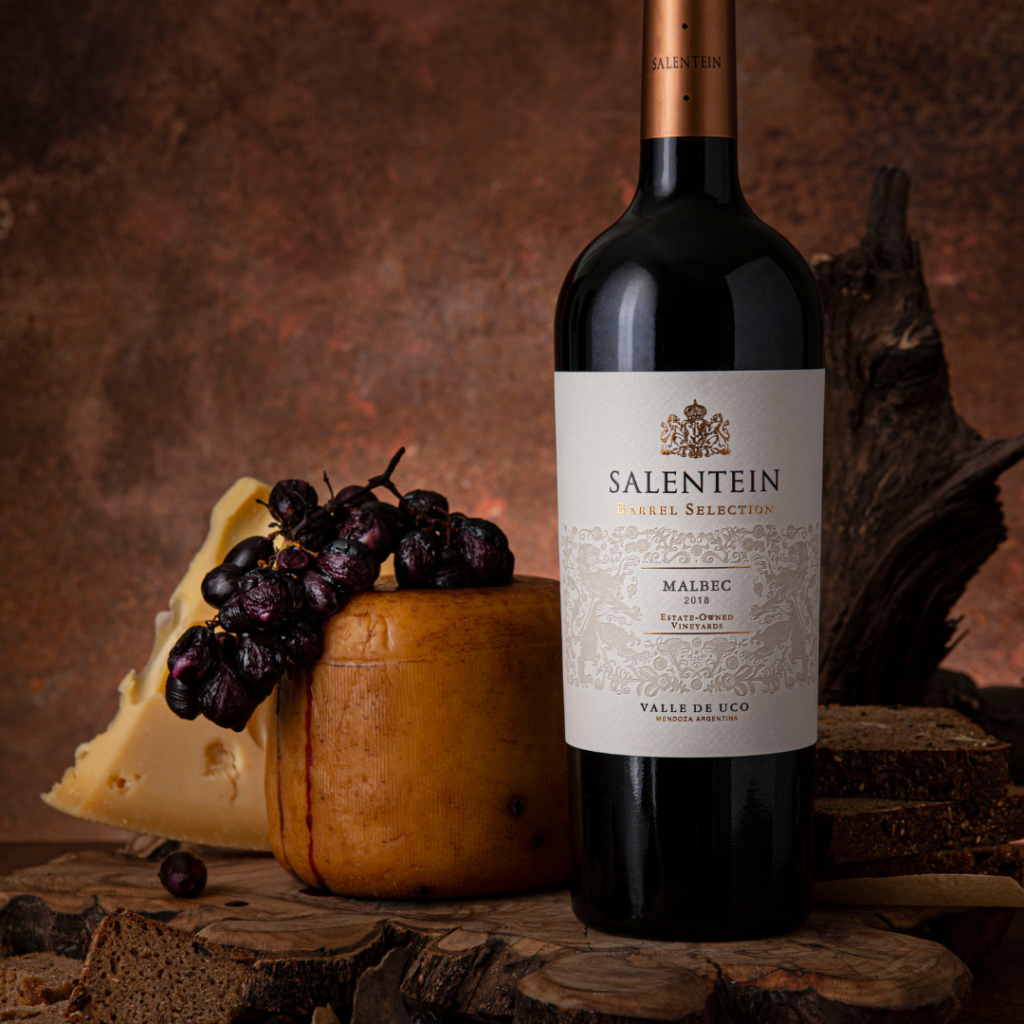
4. Malbec
- Higher levels of polyphenols than most reds
-Great for boosting immunity and reducing inflammation
-Rich, velvety, and packed with flavor
5. Syrah / Shiraz
- High in antioxidants that support cardiovascular health
-Bold and rich, great for those who love intense flavors
-Contains heart-friendly flavonoids
Can wine have health benefits?
One of the biggest arguments in favor of moderate wine consumption is its potential heart health benefits. This idea largely comes from something called the French Paradox—the observation that the French, despite their rich diet, have lower rates of heart disease. Some scientists linked this to their love for wine, particularly red wine.
So, what’s the magic ingredient? Resveratrol. It’s an antioxidant found in grape skins (and therefore in red wine) that is believed to:
– Improve heart health by reducing bad cholesterol (LDL)
– Increase good cholesterol (HDL)
– Reduce inflammation, which is linked to heart disease
Sounds great, right? But here’s the catch—you’d have to drink a LOT of wine to get meaningful amounts of resveratrol. (Like, way more than what’s considered “moderate.”) So while a glass of wine may contribute to heart health, it’s not exactly a miracle cure.
Wine Benefits for Skin
Forget the latest overpriced serum—your skin’s new best friend might just be in your wine rack. Red wine is packed with polyphenols, flavonoids, and, of course, resveratrol, all of which fight aging like an overachieving superhero.
Anti-aging properties: Fights free radicals that speed up wrinkles
Acne control: Natural antibacterial properties may help keep breakouts at bay
Blood circulation booster: Better blood flow = healthier, glowing skin
Best wines for skin? Pinot Noir, Cabernet Sauvignon, and Merlot. Just don’t take this as an excuse to replace your water intake with wine—hydration is still queen.
Wine Benefits for Women
If you’re a woman who enjoys a glass of wine now and then, good news—it might actually be working in your favor!
Supports heart health—Women are at higher risk of heart disease post-menopause, and moderate wine consumption may help.
Reduces stress—A glass of wine can help take the edge off after a long day. (Because let’s be real, sometimes yoga just isn’t enough.)
May support bone density—Some studies suggest that moderate wine drinkers have stronger bones.
Antioxidant power—Protects cells from damage and keeps you feeling youthful.
Of course, too much wine flips the script—excessive drinking can mess with hormones, sleep, and metabolism. Balance, always.
Wine Benefits for Men
Men, if you think wine is just for date nights and fancy restaurants, think again. Your whiskey might need to scoot over because red wine has some serious perks for you too.
Heart health boost—Protects against heart disease and stroke.
Brainpower upgrade—Moderate wine drinking has been linked to lower rates of dementia.
Better endurance? Some studies suggest resveratrol can help improve physical performance. (But no, wine is not a pre-workout drink.)
Gut health support—Red wine can increase beneficial gut bacteria, which helps digestion.
The takeaway? If you’re reaching for a drink, choosing wine over sugary cocktails or beer might just be the smarter move.
Wine Benefits vs. Side Effects
Okay, before we all start calling wine the new green juice, let’s talk reality check. Yes, wine has benefits—but only when consumed in moderation.
The Good Stuff:
- Supports heart health
- Packed with skin-loving antioxidants
- Helps with relaxation and social bonding
- May contribute to longevity
The Not-So-Great Stuff:
- Too much = increased risk of liver disease, high blood pressure, and weight gain
- Alcohol can disrupt sleep and leave you groggy the next day
- Wine calories add up fast—it’s not exactly diet-friendly
The magic number?
- Women: 1 glass (150ml) per day
- Men: Up to 2 glasses per day
Anything more, and you’re entering “not-so-healthy” territory.
What About White Wine?
White wine has fewer antioxidants than red wine because it’s made without grape skins (where the good stuff is). However, if you prefer white, go for:
Sauvignon Blanc (low sugar, high in polyphenols)
Chardonnay (full of gut-friendly bacteria)
The Healthiest Way to Drink Wine
Stick to one glass a day (two for men, max!)
Drink with food (helps slow alcohol absorption)
Stay hydrated—wine dehydrates, so sip water alongside your pour
At the end of the day, the best wine for your health is the one you enjoy in moderation.
Should You Drink Wine for Health?
Here’s the deal—wine isn’t a magic elixir, but it’s also not the villain some make it out to be. If you already enjoy wine, there’s no harm in mindfully sipping your way to some potential benefits. But if you don’t drink? Don’t feel like you need to start just for the health perks—you can get the same antioxidants from grapes, dark chocolate, and berries.
At the end of the day, wine is meant to be enjoyed. Drink it for the pleasure, the celebration, the moments it creates—not just for the health headlines. Because much like life, wine is best savored in balance.
Cheers to good wine, good health, and good company!
India-EU Free Trade Agreement Signals Big Moment for Imported Wine
India-EU free trade agreement lowers wine import duties, transforming access to...
Single Vineyard Wines Follow Place and Blends keeps Balance
Explore the Flavors showdown between single vineyard and blended red wines.
One Cask Decision That Can Ruin or Refine Irish Whiskey
Irish whiskey casks craft smooth, layered Flavors with perfect balance and...
Vermouth Adds Herbal Magic Without Losing Wine’s Essence
Vermouth blends herbs and botanicals, creating aromatic layers while keeping the...
Gin and Vodka Teach How Flavors Can Be Bold Yet Gentle
Learn how the bold Flavors of gin and the gentle neutrality...
Aging Writes the Real Port Wine Story Beyond Grapes
Understand why aging determines the aroma, taste, and style of Port...
Vintage Champagne Taste Younger Than Modern Bottles
Freshness in champagne depends on acidity and balance, not bottle age.
Cognac Labels Hold Clues That Transform How You Sip
Cognac labels reveal age, origin, and Flavors clues that shape how...
Old World and New World Rosé Reveal Different Flavour Stories
Learn how Old and New World Rosé wines reveal distinct Flavors...
When Calendar Slows and White Wines Fit the New Year Rhythm
When calendars loosen and days feel lighter, white wines become the...
Cozy Comfort of New Year Evenings kept with Aged Scotch
Aged Scotch adds warmth and comfort to New Year evenings, perfect...
Gin Stations Unite Guests for a New Year Bash
Bring guests together this New Year with lively gin stations and...
The Perfect Vodka Toast for Every Minute of Midnight
Mark each minute of midnight with a vodka toast fun, festive,...
These Gin Cocktails Are the New Language of Celebration
Celebrate in style with festive gin cocktails that redefine how we...
Red Wine Drifts Across Taste Buds Like Christmas Magic
Enjoy Christmas with red wine that brings warmth, depth, and seasonal...
Irish Whiskey Pairings That Spark Christmas Table Gossip
Irish whiskey pairings that spark cheer and maybe a little festive...
Why Vodka Lovers Will Adore Trying Twists This Christmas
Explore festive vodka twists to elevate your Christmas celebrations this holiday...
How Do Italian White Wine Varieties Differ from French
Learn how Italian white wines differ from French classics in flavour,...
How Single Malt Whiskey Became the True Voice of Lands
Discover how single malt whiskey tells the story of lands, traditions,...
Why Does Red Wine Smell Different When You Swirl It
Swirling red wine opens its aromas, letting richer, deeper scents rise...
Why does tarsier dry gin feel brighter than herbal gins
Tarsier’s Southeast Asian botanicals create a bright, crisp gin profile unlike...
Which Flavour Notes Help Sparkling Wine stand out
Explore how bubbles, fruit, and minerality give sparkling wine its lively,...
Why Trust Craft Vodka Lovers More Than Barrel Aged Fans
Learn why Craft vodka often more trusted than barrel-aged due to...
How Does Gin Steal Spotlight from Every Other Spirit
Learn what makes gin the show-stopper that leaves every other spirit...
What Hidden Meanings Hide Behind Port Wine Labels
Every Port wine label hides a story, learn how to read...
How long Champagne shine before bubbles finally disappear
Learn the perfect aging window for Champagne before it loses its...
Why Some White Wines Age Good and Others Fade Away
Some white wines do not fade, they flourish. Learn what makes...
What Makes Single Malt Whiskey Taste Alive in Barrels
Oak barrels breathe life into single malt whiskey, shaping its rich...
Why does rose wine vs red wine look so opposite inside
Rosé wine vs red wine made from same grapes, yet strikingly...
How distillers mastery in Blended whiskey vs single barrel
Learn how master distillers pursue perfection, balancing art in blended and...
How Every Region Leaves Its Mark on Vodka
Learn how geography, local ingredients shape each region’s unique vodka style.
How to Store Gin When Your Guests Think It is Open Bar
Learn smart tips to store gin properly, preserving its aroma and...
Why Does Cognac Carry Such a Luxurious Price Tag
Explore why cognac commands a high price, from its aging process...
Why Does Single Malt Whiskey Win Single Grain Battles
Single malt whiskey beats single grain with unmatched flavor and depth.
White Wine Guide to Help You Pick the Right Selection
Learn how a white wine guide helps you choose the perfect...
Solis Group Representation on the Global Stage at TFWA, Cannes 2025
Looking Back at TFWA, Cannes 2025: A Global Showcase of Insight...
How did port wine bottles grow stylish over decades
See how port wine bottles transformed from classic to modern elegance.
What’s Your Wine Persona according to the Color Chart
Use the wine color chart to discover your unique wine personality.
Make every hangout memorable with vodka
From classic cocktails to creative mixes, vodka is the spirit of...
Why should your palate care how rose wine is made
Rose wine crafted with care delivers flavors that excite and satisfy...
Why Single Malt Whiskey Captures Collector Hearts
Single malt whiskey captivates collectors with history, heritage, and timeless craft.
How Red Wine Varieties Carry Centuries of Tradition
Red wine varieties like Cabernet Sauvignon, Merlot, and Pinot Noir carry...
What Makes Cognac the Most Divine Liquor
Cognac softened the sharpness of brandy into a well-rounded, fruity, and...
Why Pink Gin Became the Answer to Overly Dry Gins
Pink Gin turned the harsh bite of dry gin into a...
Scotch vs Irish Whiskey Clash on Smoky Vibes and Flavor
Scotch vs Irish whiskey smoky clash explained from peat, taste, casks,...
Why Champagne Will Always Be the Ultimate Taste of Victory
Champagne has always marked victory—explore its history, culture, and timeless role...
Why is Vodka Considered Fresher Than Most Aged Spirits
Like Vodka is fresher than aged spirits crisp, clear, and versatile....
Why Does Rosé Wine’s Pink Sparkle Feel Like Bottled Joy
Rosé wine is bottled joy—elegant, refreshing, and perfect for every celebration
How can aroma reveal the hidden personality of port wine
Port wine’s aroma holds secrets, with every note revealing its unique...
How whiskey sour turn simple blend into cocktail perfection
Whiskey sour where whiskey meets everyday ingredients for a cocktail that’s...
Why Does White Wine Warn You Before You Betray Traditions
White wine where tradition meets the glass and it might judge...
Why Your Favourite Gin Might Be the Bad Boy of Spirits
Your favourite gin might be the bad boy of spirits, find...
Red Wine Guide That Will Flip How You Choose Your Bottle
Learn about red wine styles and shades, from light and fruity,...
What Makes Blended Whiskey the King of the Shelf
Blended whiskey offers smoothness, versatility, and rich history, making it a...
How to Avoid a Party Disaster with Right Sparkling Wine
Pick the right sparkling wine and make your next party impressive...
Cognac vs Brandy: The Battle of Two Classic Spirits
Cognac is all about that rich, high-class flow. Brandy keeps it...
These Wine and Cheese Pairings Will Blow Your Mind
Think you’ve got wine and cheese figured out? These bold pairings...
Vodka Vibes: Smooth, Strong, and the Buzz You’re Chasing.
Discover the world of vodka brands, innovative cocktails, and the latest...
Why Is Single Malt Whiskey the Flavor Bomb You Need
Single Malt Whiskey delivers a flavor explosion that every whiskey lover’s...
Wine and cuisine – the dream team for your next meal.
Discover the best wine pairings for your meal. Learn about wine...
Why Your Gin Game is Weak Without Tarsier Gin in It
Your gin collection is incomplete without Tarsier Gin, the game-changer for...
Port Wine in India’s Heat? We Got the Chill Tips.
Discover how to store, serve, and enjoy Port Wines in Indian...
Party mode on? Let’s grab the perfect whisky and vibe.
Discover how to choose the best whisky in India for every...
Level up your meal with the perfect foreign wine in India.
Learn how to choose the right imported wine in India for...
Looking for the Best Wine? Here’s Where to Find It!
Searching for the best wine in India? Discover top red, white,...
Read This Before You Buy Your Dad a Whisky.
Father’s Day is this Sunday, and the pressure is mounting to...
7 Unique International Spirits to Discover in India
The world of international spirits is vast and wonderfully diverse.
The Alcohol Dictionary You’ve Been Waiting For A to Z
Everything You Need to Know About Alcohol, From A to Z
Gin Toh Stylish Hai, But Are You Drinking It Right?
You’ve got the G&T, the ice, the vibe but are you...
TFWA 2025, Proud Moment on the Global Stage
Reflecting on TFWA 2025, A Global Exchange of Innovation & Vision...
Isle of Raasay Gin and Whisky Now in India
Exploring the Spirit of the Isle Isle of Raasay Gin &...
What’s the Right Wine for 4 PM Meetings ?
You’ve heard of meal planning. You’ve heard of time blocking. But...
She Believed in Therapy. Then She Met Gin.
G&T and Me A Love Letter to Friday Nights Friday, 8:03...
What Your Wine Choice Says About Your Personality
Whether you're a soft-core romantic or a bold adventurer, your wine...
How Many Wine Grape Varieties Exist in the World
Over 10,000 distinct Vitis vinifera grape varieties have been cataloged.
Whisky Regions of the World — Scotland, Ireland..
Whisky, a drink steeped in history and tradition, has a rich...
Vilarnau Cava Shines at the Conde de Godó Trophy
Vilarnau represents not just world-class craftsmanship in cava, but also a...
Red vs White Wine – What’s the Difference Beyond Color?
Red vs. White Wine: What’s the Difference Beyond Color? When it...
The Art of Pairing Wine with Indian Food
Indian cuisine is a vibrant tapestry of flavors—spicy, tangy, sweet, and...
Malbec – Bold, Beautiful Argentina’s Signature Wine
Malbec’s tale is one of resilience, reinvention, and pure deliciousness.
The Top Port Wines Making Waves in India
If you think Port wine is just a fancy drink for...
The Curious Mind of PJ Rigney Now in India
Experience the spirit of curiosity with PJ Rigney’s Irish craftsmanship.
DIY Saint Patrick’s Day Cocktails Made Just for You
Handcrafted, Fun & Festive Saint Patrick’s Day Cocktails Just for You...
Holi Cocktails to Add Twist in Your Holi Celebration
Holi isn’t just about colors — it’s about flavors, celebrations, and...
Difference Between Champagne & Sparkling Wine
Let’s pop some bubbles and settle this debate once and for...
The Ingredients & Botanicals That Define Gin
Ever wondered what gives gin its signature taste? It all comes...
Seven Days of Love — Wine for Valentine’s Week
This Valentine’s Week, celebrate seven days of love, laughter, and indulgence.
Does Drinking Wine Really Offer Health Benefits?
Does Drinking Wine Really Offer Health Benefits? You’ve probably heard it...
India’s Love-Hate Relationship with Alcohol
It has been divine, medicinal, royal, rebellious, and, at times, downright...
Whiskey on the Rocks — Cool Choice or Flavor Mistake?
The “rocks” (aka ice) aren’t just for cooling your drink; they...
The Art of Smelling Wine Like a True Connoisseur
Smelling wine is a critical part of the experience, and here’s...
Labelling Guidelines for Importing Alcohol Beverages
Adhering to these labelling guidelines ensures that your alcoholic beverages meet...
A Fresh Take on New Year’s Resolutions
Many resolutions fail because they’re overly ambitious. "I’ll go to the...
Christmas Cocktails You Can Make at Home
Holiday season is the perfect time to get creative with your...
Sound Of Christmas Wine And Cheese?
Christmas is here, bringing with it the perfect excuse to slow...


